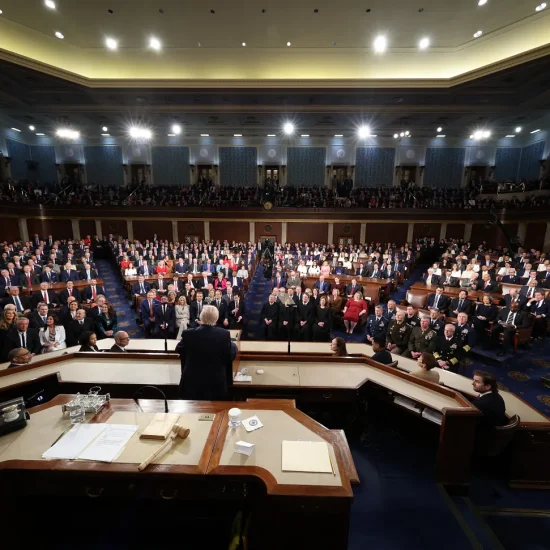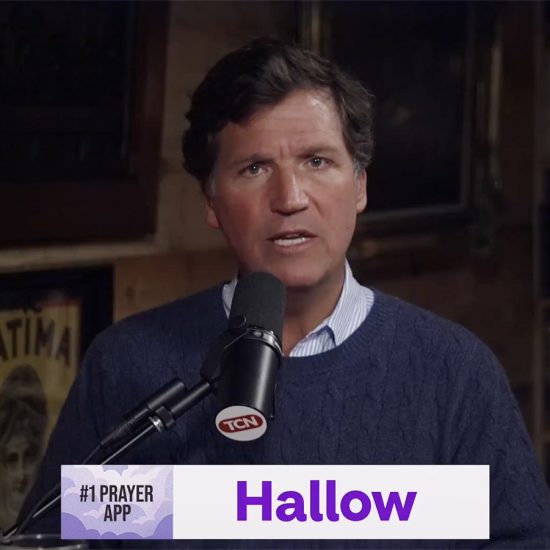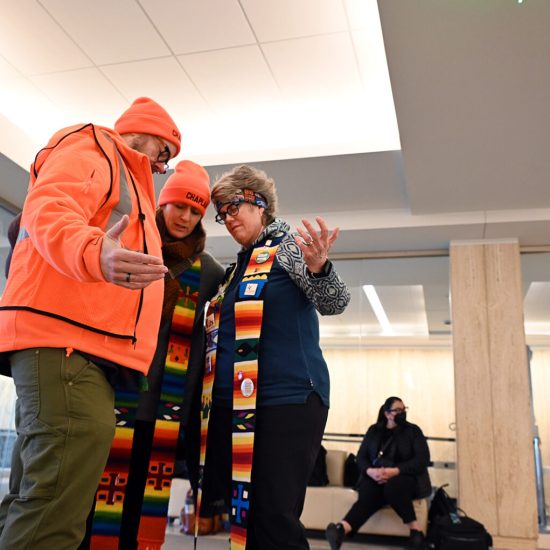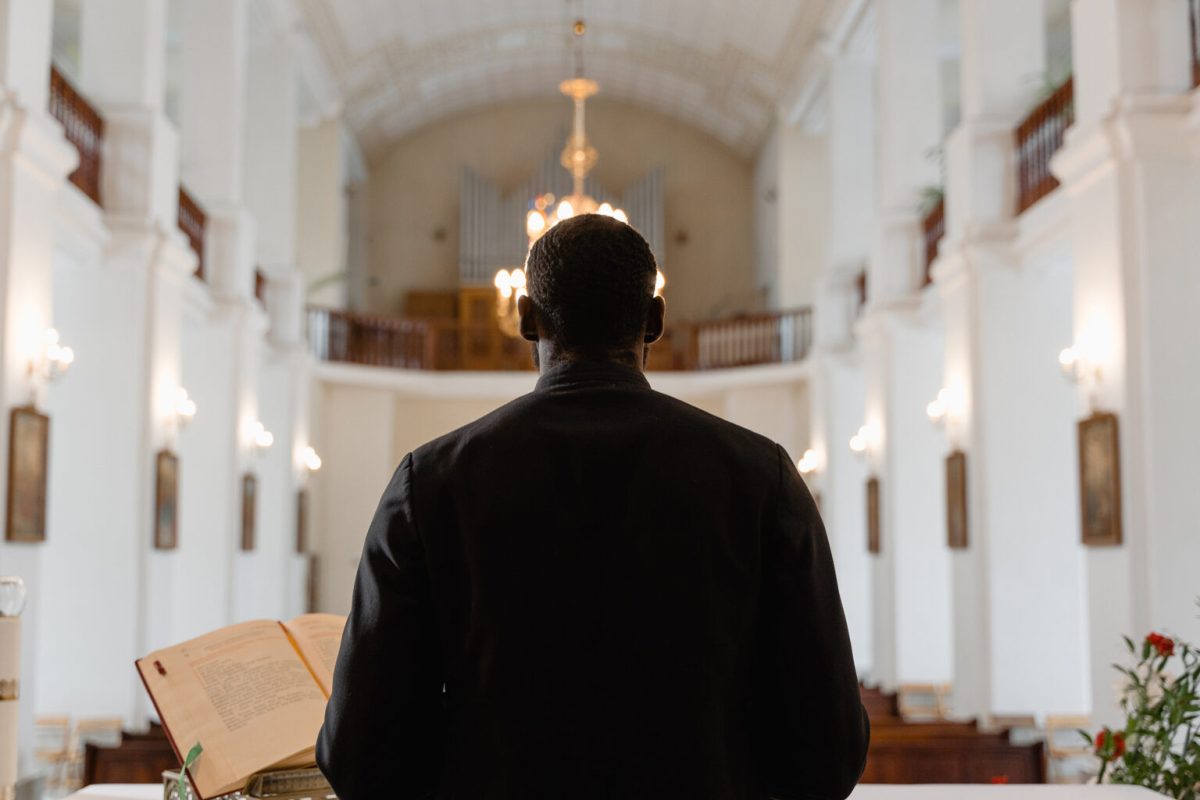
WASHINGTON (RNS) — Rep. Jamie Raskin of Maryland and 12 other Democrats sent a letter to Treasury Secretary Scott Bessent urging him not to pursue a proposed legal agreement that would allow some churches to endorse political candidates.
The letter, which was sent to Bessent on Thursday (Nov. 20), focused on an ongoing legal case concerning a provision to the United States tax code that bars nonprofits from being involved in political campaigns.
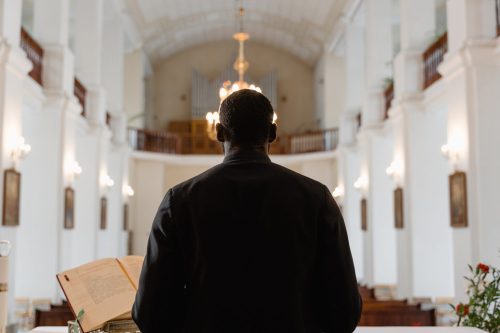
(Photo by Mart Production/Pexels/Creative Commons)
Last year, the National Religious Broadcasters and a pair of Texas churches filed a lawsuit challenging the statute, known as the Johnson Amendment, arguing that the Internal Revenue Service ignores political activity of some charities and threatens to punish others. The Trump administration proposed a settlement in July that would allow pastors to endorse from the pulpit. Endorsing from the pulpit during a worship service, lawyers for the IRS argued, is not intervening or participating in an election.
But the letter from Democratic lawmakers warned that such an agreement, which is set to be discussed in a hearing next week, would fracture a “foundation stone in the nation’s wall of separation between church and state.”
“This reinterpretation is not permissible under the statute as enacted and sustained by Congress; presents serious constitutional concerns as a potential violation of the Equal Protection Clause; fails to disclose any fiscal effects of reinterpreting the law; and sidelines the principled and compelling opposition expressed by thousands of nonprofits, houses of worship and faith-based organizations that would be harmed by adopting this proposal,” the letter reads.
The statute is rarely enforced as it is, but signers of the letter argued that doing away with it entirely is a step too far. Calling the proposed settlement “nothing more than a transparent end-run around Congress,” the letter argued allowing churches to endorse from the pulpit would create an “opening for political actors to use charitable nonprofits to anonymously fuel unlimited money into elections.”
The agreement would likely only apply to the plaintiffs involved in the case, which also include Sand Springs Church in Athens, Texas, and First Baptist Church in Waskom, Texas. But the letter said the settlement’s reasoning “blows the door wide open for both secular nonprofits and all other religious organizations to petition the courts for their own free pass to engage in tax-exempt electoral speech.”
The letter also noted that the late Georgia Democratic congressman John Lewis, a civil rights icon and ordained Baptist minister, opposed repealing the Johnson Amendment as recently as 2017, and that thousands of religious leaders have publicly voiced opposition to erasing the statute in recent years.
“If this decree weakening the Johnson Amendment shield goes into effect, houses of worship in which the clergy and congregation wish to remain apolitical could be pressured to engage in taxpayer-subsidized electoral politics by elected officials, candidates, or donors,” the letter reads. “Such an outcome would be highly detrimental to religious freedom in America.”
Signers of the letter included Reps. Raskin, James Clyburn of South Carolina, Jared Huffman of California, Lloyd Doggett of Texas, Mark Pocan of Wisconsin, Thomas R. Suozzi of New York, Emanuel Cleaver II of Missouri, Debbie Wasserman Schultz of Florida, and André Carson of Indiana. Four senators — Ron Wyden of Oregon, Cory Booker of New Jersey, Jack Reed of Rhode Island, and Mazie Hirono of Hawaii — also signed the letter.
Repealing the Johnson Amendment has been a long-standing goal for a few conservative religious leaders and organizations, who argue the rule stifles the freedom of faith groups. President Donald Trump has supported the idea, signing an executive order during his first term designed to limit enforcement of the statute and promising to go further during his 2024 presidential campaign.
The topic was again raised with the president in April, when Texas Pastor Robert Jeffress told Trump during an Easter gathering that his church had been investigated by the IRS and allegedly forced to spend “hundreds of thousands of dollars” in the church’s defense.
Yet 2023 polling data from the Public Religion Research Institute suggests the idea is unpopular with all religious groups surveyed — including white evangelicals. Majorities of nonevangelical Protestants (77%), white Catholics (79%), Hispanic Catholics (78%), Hispanic Protestants (72%), Jewish Americans (77%), white evangelicals (62%), and Black Protestants (59%) all opposed repealing the Johnson Amendment. Opposition among white evangelicals was virtually unchanged since 2017, when the group last polled on the topic.

